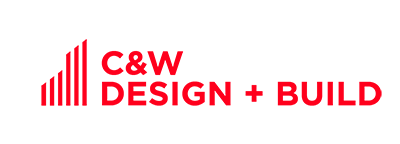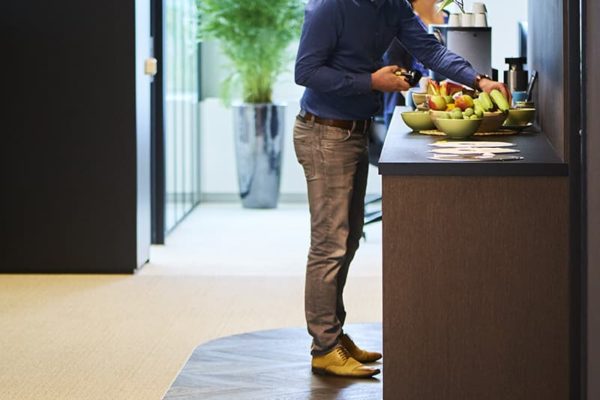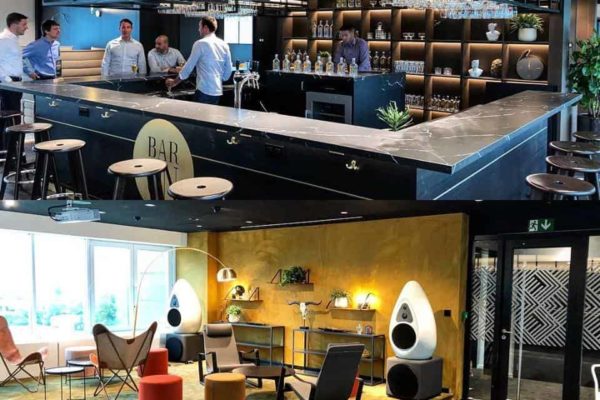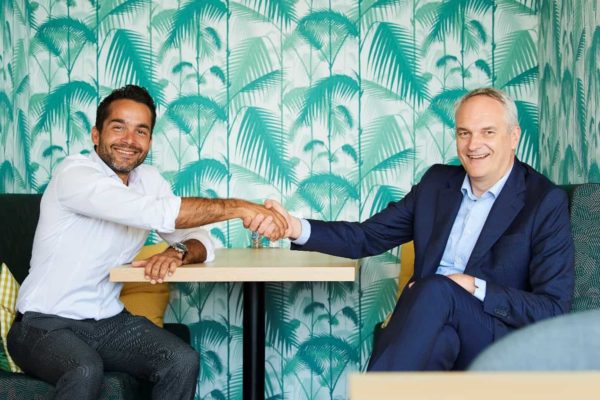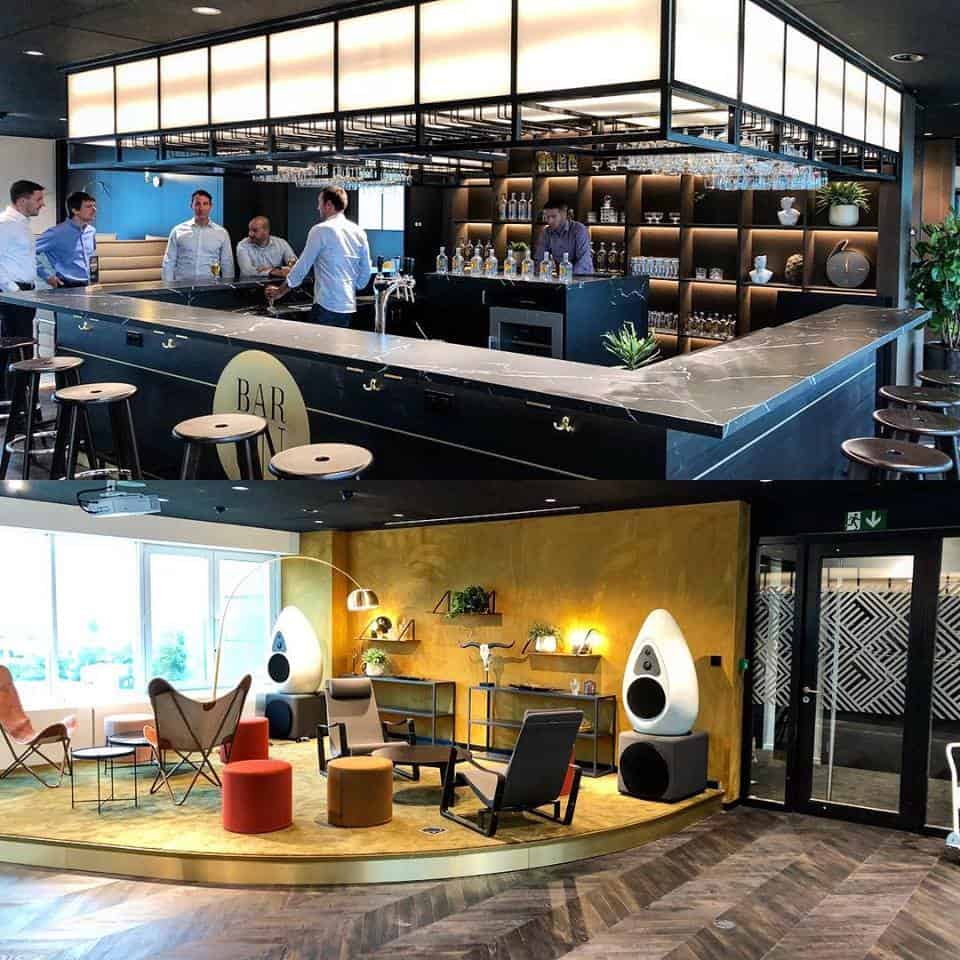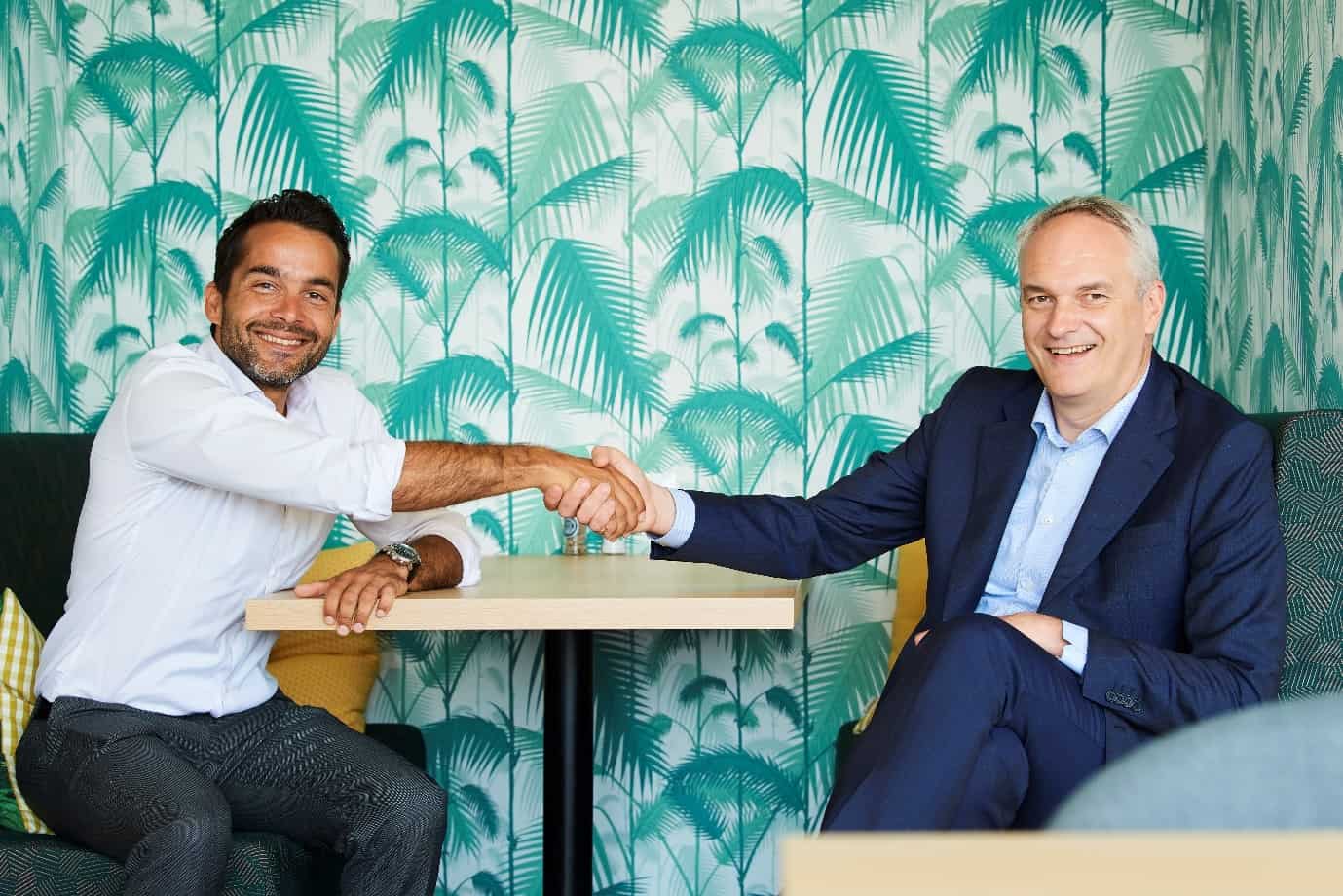New Projective office to help win the war for talent
To facilitate growth and the increasing number of new colleagues, Projective was seeking additional office space.
Six years after the previous revolutionary office concept for Clear2Pay, Projective wants to set a new trend for new ways of working once again. To that end, the company entered into a collaboration with Admos Design&Build, which has been a part of Cushman&Wakefield since October 2017. As a result, Projective benefits from the professional support of the market leader in office lease in Brussels and the market leader in Design&Build.
Stefan Dierckx, CEO Projective:
“Projective provides banks and insurance companies in Belgium and many other European countries with senior project managers. We are growing rapidly, in Brussels as well as Amsterdam, London, Paris and Frankfurt.
Finding good new people is very difficult. We work with head hunters, LinkedIn campaigns and preferably with internal recommendations. One of our ambitions for our new office is to create a wow-effect when candidates visit us for an interview. They should see right away that this is an especially pleasant working environment.”
Anthony Shaikh, CEO Admos:
“The war for talent is crucial for consultancy companies like Projective. They want to recruit the best profiles. The office space can play a huge part in fulfilling that ambition. The ‘real estate’ costs of a company only amounts to 10%. The remaining 90% goes to staff. We make sure to spend that 10% more intelligently. To do so, we optimize the available space.
Productivity, creativity and well-being aren’t stimulated with 50 laptop workstations in one open space. Research shows that 70 percent of employees is insufficiently involved and motivated. This is affected by all kinds of factors: stress, traffic jams, the workplace, having too little personal space. Burn-out looms at every corner. We want to attract employees by viewing the office as a service. With creative and inspiring rooms. Where colleagues meet and exchange ideas. By providing healthy, fresh nutrition. With yoga sessions. This service ensures that people feel good at work, sense a higher degree of involvement and will want to stay put.”
Jurgen Ingels, fintech entrepreneur and part of the Projective board:
“As a team lead, I have always been convinced that there are other ways of treating your people and that the traditional office is not the best way to do it.
The “war on talent” is ferocious. Attracting really good people isn’t easy. A company used to compete only with other companies in the neighbourhood. Nowadays we compete with the best companies worldwide. So we must attract the best people. That cannot be achieved with high salaries. One has to offer them the right experience. They must feel at home while at work. We cannot replace home, but with a comfy chair or a pool table for ten minutes of relaxation, we can get pretty close.”
The traditional way of working is over
Jurgen Ingels:
“Nine-to-five” is over; nowadays you can work wherever you are, even on a beach in Tahiti. You can conduct conference calls with Skype, see people, give instructions….your physical presence is no longer a requirement. And the traditional 9-to-5 model dampens creativity: you don’t learn a lot of new things from spending every day at the same desk surrounded by the same people. An environment where you meet new people on a regular basis has a stimulating effect. New influences make for cross-pollination and exchange. Especially younger people aren’t necessarily looking for more money, but they do seek more experiences. They want to have and gain experience(s). They want to learn in a fun environment. That is what we want to offer.”
Anthony Shaikh:
“A traditional office is split into departments. Everything has a fixed place: reception, finance, sales, marketing, the cafeteria…In the future you’ll consider what activity needs to be performed and then you’ll choose the place where to do it. The spaces will become “activity-based”. This also saves costs, because you need less space. However, the focus doesn’t reside with cost-savings but with added value.
The traditional office is 80% workplace with desks side by side. The office of the future is the other way around: 20% workplace, and the rest is all about social interaction, informal meeting rooms, and a general focus on activity and interaction. Projective has fitted its trendy bar with a real tap and foosball.”
